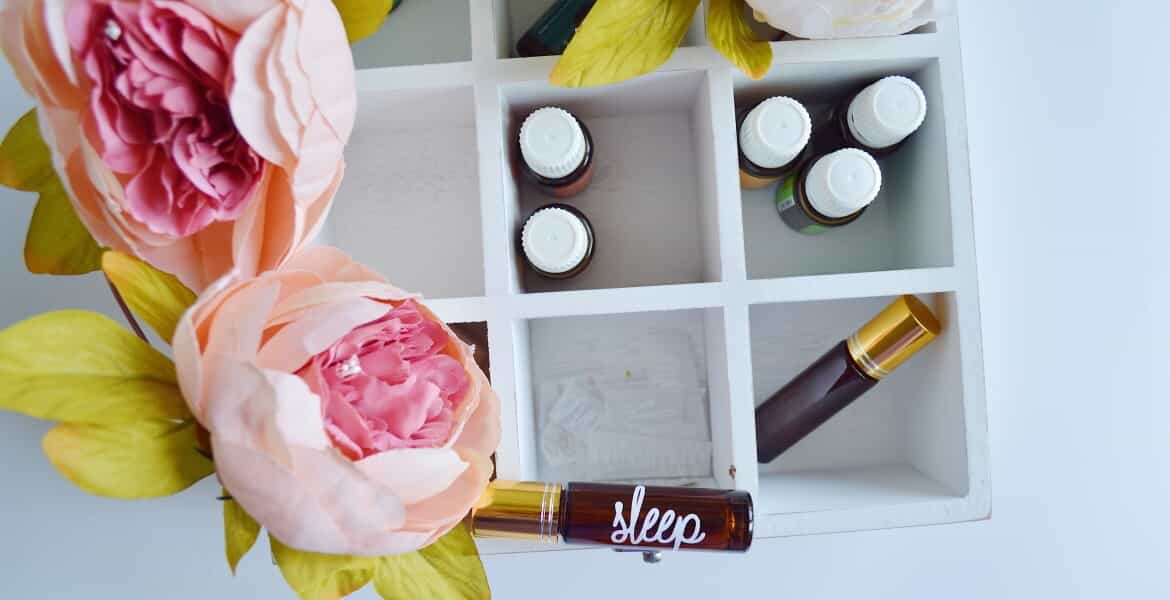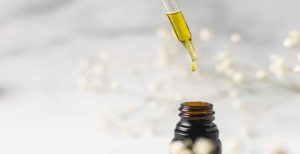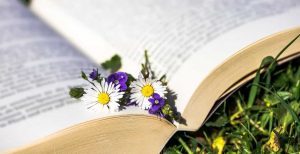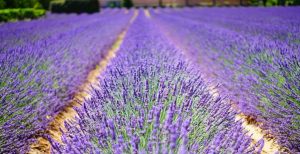What does an aromatherapist do? And why should you see one?
In my early days as an aromatherapist, I made a healing aromatherapy blend for someone I worked with. (Like many therapists, in my earliest days my practice had to fit alongside additional paid work!). She reported back to me the next day that her young daughter, on seeing what Mum had brought home, whispered to her “Mum, is Wendy a good witch?” I had to laugh as I often found people referring to some of my creations as “potions”.
But it goes to illustrate that many people are confused about what an aromatherapist actually does. What benefit could they conceivably offer?
After all, there are so many DIY aromatherapy books and online resources, not to mention various reps selling essential oils via free workshops. Is there a need for a professional aromatherapist?
But the reality is that a professional accredited or clinical aromatherapist, is an amazing resource. It can help you get immensely more out of your essential oils than any amount of DIY experimenting can do.
Let’s firstly look at what makes an aromatherapist.
An aromatherapist will have a specific aromatherapy qualification encompassing literally hundreds of hours of tuition, study and (supervised) clinical practice before becoming qualified. Other natural therapy practitioners may cover some aspects of aromatherapy during their studies. But these are generally not as intensive as a specific aromatherapy course will be.
Professional Aromatherapy training will cover a whole range of topics, including aromatherapy history, the production of essential oils (with detailed study of the different methods of production of essential oils, other aromatics, carrier oils etc), essential oil safety, botany, chemistry, human anatomy and physiology, pathology (the study of disease) as well as the study of different methods of use (including various tactile therapies and others, the selection of which can depend on the school) and the in-depth study of an extensive range of individual essential oils.
Ideally a good proportion (if not all) of this training should be done face to face rather than online. Online courses can be a good option for those looking to use essential oils at home. But for professionals (and really for anyone) there is no substitute for experiencing essential oils with your teacher face to face rather than virtually.
This study can take a year (working intensively) or much longer. But it certainly is impossible over a weekend or a short course. Again, these shorter options may give you enough information to start using essential oils at home or in limited ways. Indeed, I teach this type of workshop myself. But they will not give you the depth of knowledge and experience to practice as a professional.
The story doesn’t end there though.
Once qualified, aromatherapists must meet ongoing requirements to maintain their professional standing and membership of professional bodies. In Australia the peak body for aromatherapy is IAAMA (The International Aromatherapy & Aromatic Medicine Association). To read about their professional standards and other information click here. A Professional Accredited Aromatherapist will have professional indemnity insurance, first aid qualifications and undergo continuing education to keep their expertise up to date and relevant.
All these requirements help to keep you safe by ensuring your aromatherapist has up to date knowledge, insurance back up in the unlikely event that something goes wrong and expertise to deal with a variety of health conditions and situations.
The benefit to you is that you can access all that expertise in a variety of ways. An aromatherapy consultation may include massage or other tactile therapy, but not necessarily. (In fact, some aromatherapists choose not to do any massage, even if they have training in that area.) Aromatherapists can offer education; or help you develop products using essential oils; or create personalised blends for an individual or even for a business. Aromatherapists may work in many different areas including private practice, spas, aged care, midwifery, palliative care, producing aromatherapy related products, education, acting as industry advisers and consultants and more.
When you see an aromatherapist they will work with you – however that is appropriate for you.
Aromatherapy works best when tailored to the needs of the individual. This is the skill of the aromatherapist – finding what works for you, now, at this point in your life, and taking into account the issues you are dealing with in this moment.
Aromatherapy is not a case of “this condition = this oil”. Aromatherapy seeks to treat holistically, rather than allopathically. In other words, it has a different approach in many ways to conventional medicine. The recommendations in books, online etc, are, necessarily, general rather than specific. They cannot know the detail of the person reading them. So, they often take a similar position to conventional medicine – akin to just replacing a drug with an essential oil for one condition or symptom.
True aromatherapy, however, takes a very different approach.
For example-
Say you suffer from headaches. Conventional medicine would prescribe a painkiller initially, with possibly further investigation if they persist.
If you look at many popular aromatherapy recommendations, you may see certain essential oils recommended for headaches. Usually they are essential oils that have pain relieving properties. Essentially, they are taking the same approach as taking a conventional painkiller. You may try them. They may work. Or they may not.
An aromatherapist, however, will approach it differently – first looking at why you have headaches; looking for the cause, not just the symptom. And then formulating an approach based on this. They may ask what kind of headache do you have? What does the pain feel like? When does it occur? How long has it been happening? Does anything make it worse? Does anything make it better?
Your aromatherapist will also look at your overall health and lifestyle to see what else is happening and whether there is anything else that may have some bearing on the headaches. Remember a headache is a symptom, not a disease.
Now obviously two people, both presenting with headaches, may have a whole range of differences when you consider these questions. And therefore, they may be recommended very different essential oils, methods of use etc. Each will have a treatment plan tailored to their own particular situation.
There are a number of different situations when it can be useful to see an aromatherapist for advice –
You may see an aromatherapist about a specific health concern – looking to utilise essential oils for their healing properties. An Aromatherapist will determine which essential oils may help and, importantly, the best ways for you to use them.
You may already use essential oils but see an aromatherapist if your circumstances change to see if this affects how you use essential oils. You may, for example seek a review if you become pregnant. Many women avoid essential oils during pregnancy due to safety concerns. However essential oils can be beneficial and can be used safely with the correct guidance. An aromatherapist can provide that.
You may want to use essential oils in your home – An education session with an aromatherapist to set you on the path of safe usage is a great investment for yourself and for your family.
You may be undergoing other treatment (conventional or alternative or both!) and want to use essential oils as well. Essential oils can and do react with other treatments and drugs, sometimes adversely. An aromatherapist can guide you in usage and work with your other health providers to ensure you get the best care.
At any consultation, recommendations will be made for appropriate treatment. Essential oil blends or other products may be recommended or even made to order to your own prescription. As I said before, aromatherapy works best when tailored to the needs of the individual so essential oil selection is an integral part of the process. Treatment may (but does not have to) include a body treatment such as massage or other modality depending on the areas of expertise possessed by your aromatherapist. Or you may be guided through practices for you to continue your treatment at home.
So, the benefits of working with a Professional Aromatherapist rather than going DIY are various –
Safety
Your aromatherapist has the training and experience to assess and understand the particular benefits and risks of different essential oils and methods of use and can tailor these to your needs. This substantially reduces the risk you will encounter adverse reactions, drug interactions or other ways your situation may be made worse rather than better.
Save you money
One of the most common reasons people will say they don’t see a professional therapist is cost. But in reality, an aromatherapist can save you money by ensuring you don’t waste money by buying “all the oils” when you only need a few. Or by making you a specific blend, this saves you buying all the individual oils.
Simplify your essential oil usage.
One of the things I see people doing is getting lots of different recipes for different “problems” and using them all at the same time. One blend applied for a bruised elbow, another for arthritis in the knee, yet another for migraines, something else for sleep. I had one customer asking what order she should apply all the different blends as she had made up several for herself based on book recommendations for different symptoms. But they were all supposed to be applied to overlapping areas of the body.
An aromatherapist, by taking an holistic approach, can streamline this process – ensuring that you have treatments that are safe, effective, and that fit your lifestyle.
So next time you consider using essential oils, consider whether some professional guidance from a Professional Accredited Aromatherapist might just make your essential oil life simpler, safer and more enjoyable.




